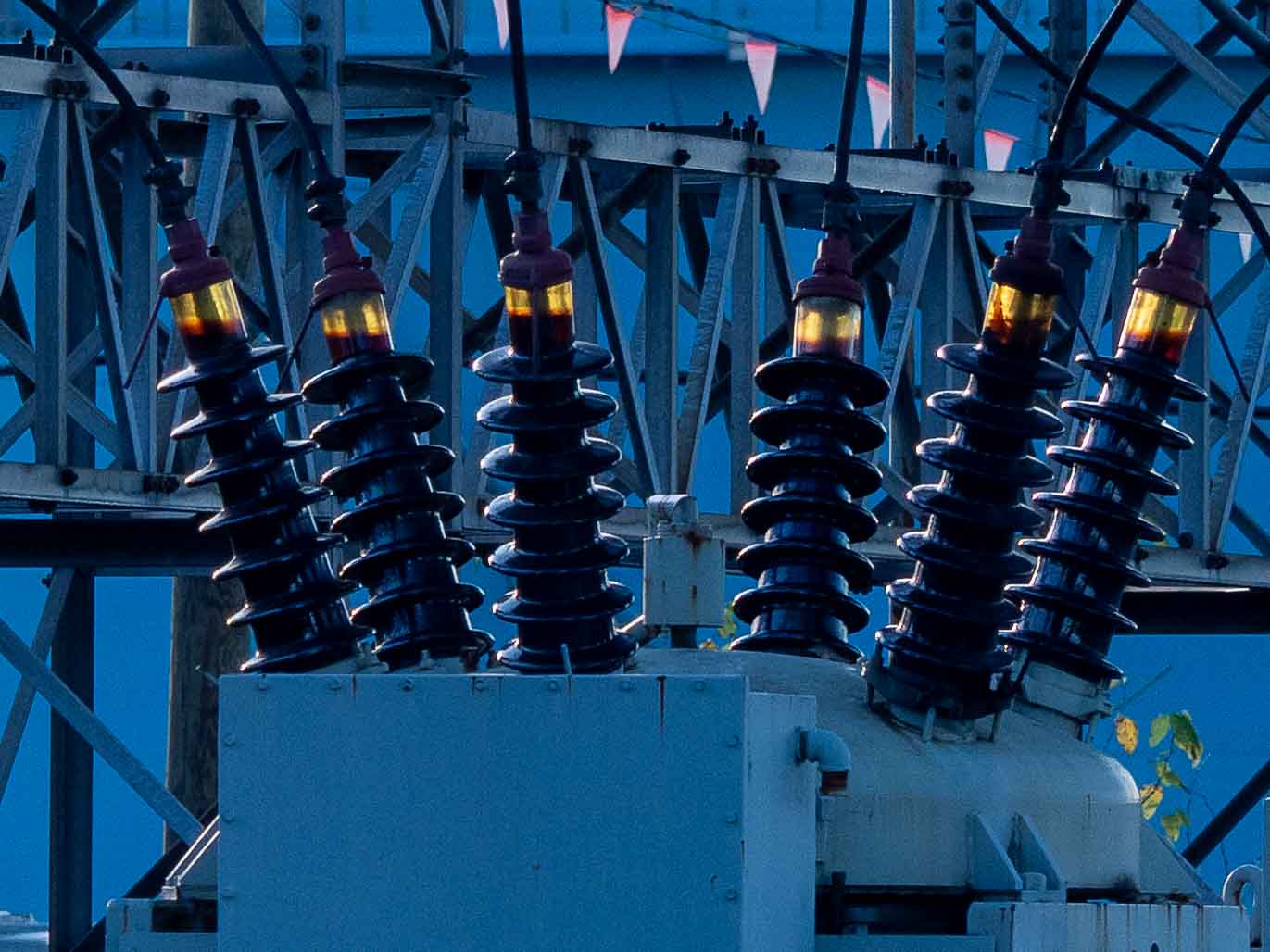On December 5, 2023, the BCUC approved Nelson Hydro’s request for an increase of 9.87 percent for its rural ratepayers for 2023 (the BCUC only sets rates for Nelson Hydro’s rural customers and not its municipal customers). But that “approval” is not the full story – rural customers will likely pay less for their electricity in 2023 than the full increase Nelson Hydro applied for.
In addition to approving the final 2023 rate, the BCUC denied several of Nelson Hydro’s requests, and directed the utility to recalculate the amount it should have collected from rural ratepayers in 2023. While rural customers will pay the 9.87 percent increase in 2023, if the recalculated amount is less than Nelson Hydro actually collects, and it looks as though it will be, these rural customers will receive the benefit of that overpayment in future years.
We won’t know the magnitude of any overpayment until Nelson Hydro recalculates what its 2023 rates should have been, which the BCUC ordered it to do by January 8, 2024. But consider what changes the BCUC directed Nelson Hydro to make in this final decision.
In its application for the 9.87 percent increase in 2023, Nelson Hydro assigned the cost of all its power purchases to rural customers, “ignoring the directive” of the BCUC that those costs must be shared between Nelson Hydro’s rural and urban (municipal) customers. The BCUC directed (again) that Nelson Hydro re-assign its power purchase costs according to the BCUC’s previous directive.
Nelson Hydro relies on two sources of electricity to serve its rural and municipal customers: it generates some of its own electricity, and purchases the remaining power its customers need from Fortis. Nelson Hydro wanted to allocate the more expensive purchased power to rural customers, and the cheaper self-generated power to municipal customers. The BCUC’s decision that both sources of power must be shared with all customers should reduce the average cost of electricity for rural customers from what Nelson Hydro had proposed.
The BCUC also denied Nelson Hydro’s application to start recovering the costs of capital additions to the Mill Street Substation in 2023, because the work was not complete and the capital additions are not yet in service. The amortization related to these capital additions (which were $1,051,700 for 2022 and $2,125,000 for 2023) will therefore not be included in the 2023 rates.
The BCUC also denied Nelson Hydro’s request to include in rates a 1 percent premium on its deemed cost of debt, equivalent to $103,000 in 2023, to recover the cost of issuing $790,000 in new debt in 2023. Instead, the BCUC found that recovery of $7,900 in 2023 was reasonable.
Each of these changes should decrease rates for rural customers, or at least offset any future increases. To see how this plays out in Nelson Hydro’s 2024 rates, follow the BCUC’s proceeding here.
You may wonder why it took so long for the BCUC to approve the 2023 rates for this small utility. The BCUC’s decision was issued on December 5, 2023, almost at the end of the 2023 year to which the rates apply, and well over a year since Nelson Hydro applied for the increase. This seems excessive.
However, the BCUC appears to have delayed its final decision on 2023 rural rates pending the outcome of Nelson Hydro’s request for the BCUC to reconsider its 2022 decision on Nelson Hydro’s Cost of Service Analysis (COSA), which wasn’t resolved until November 15, 2023.
This delay avoided the BCUC approving a second interim rate for 2023 (the first had been approved on November 22, 2022), and then finally a permanent rate – this might have meant Nelson Hydro’s rural customers having three different rates during 2023, and Nelson Hydro incurring the administrative cost of making each change. But the BCUC’s delay meant that, once a permanent decision on 2023 rates could be made, it was too late to implement them in 2023.
The BCUC is sometimes criticized for taking too long to make decisions. But in this case there appears to be a good reason.


